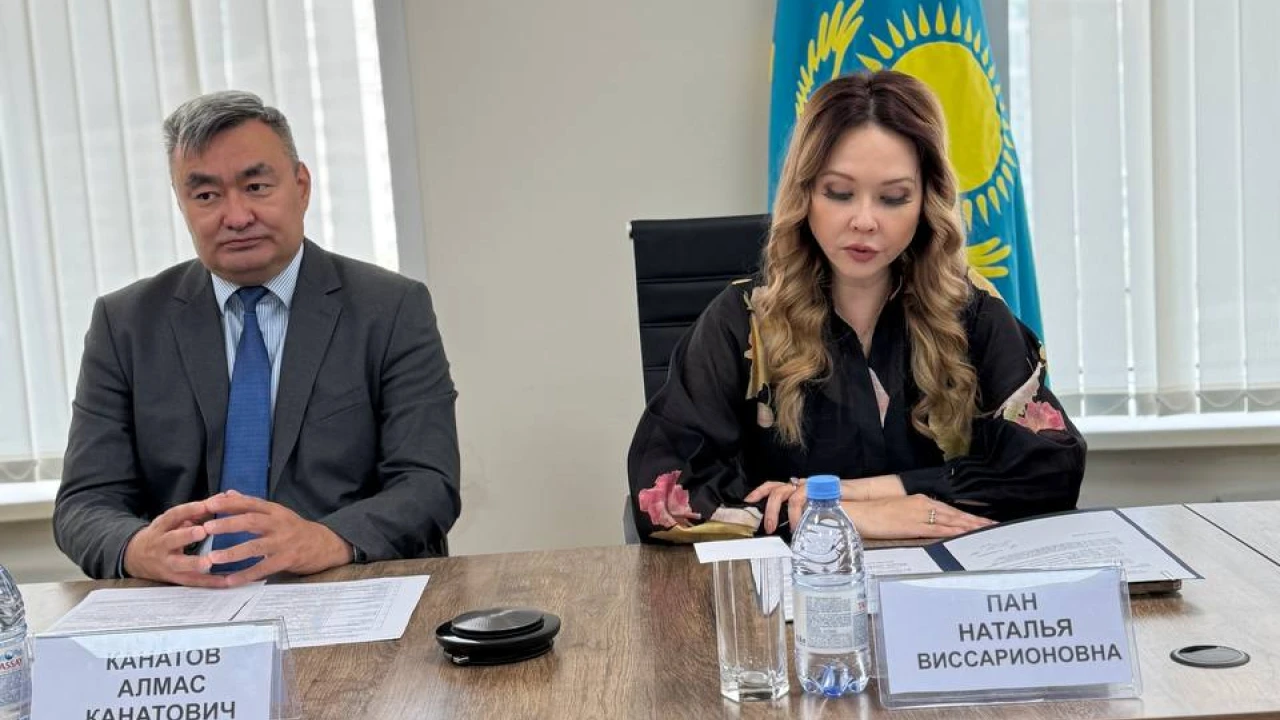
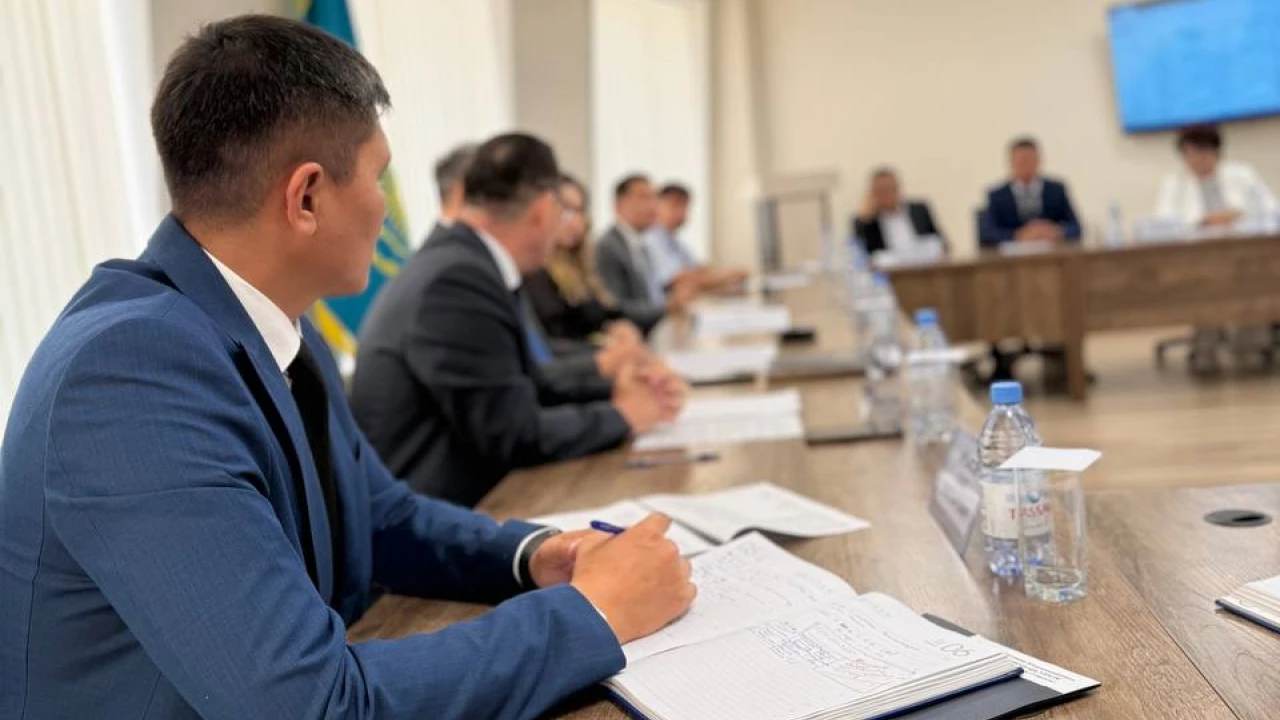
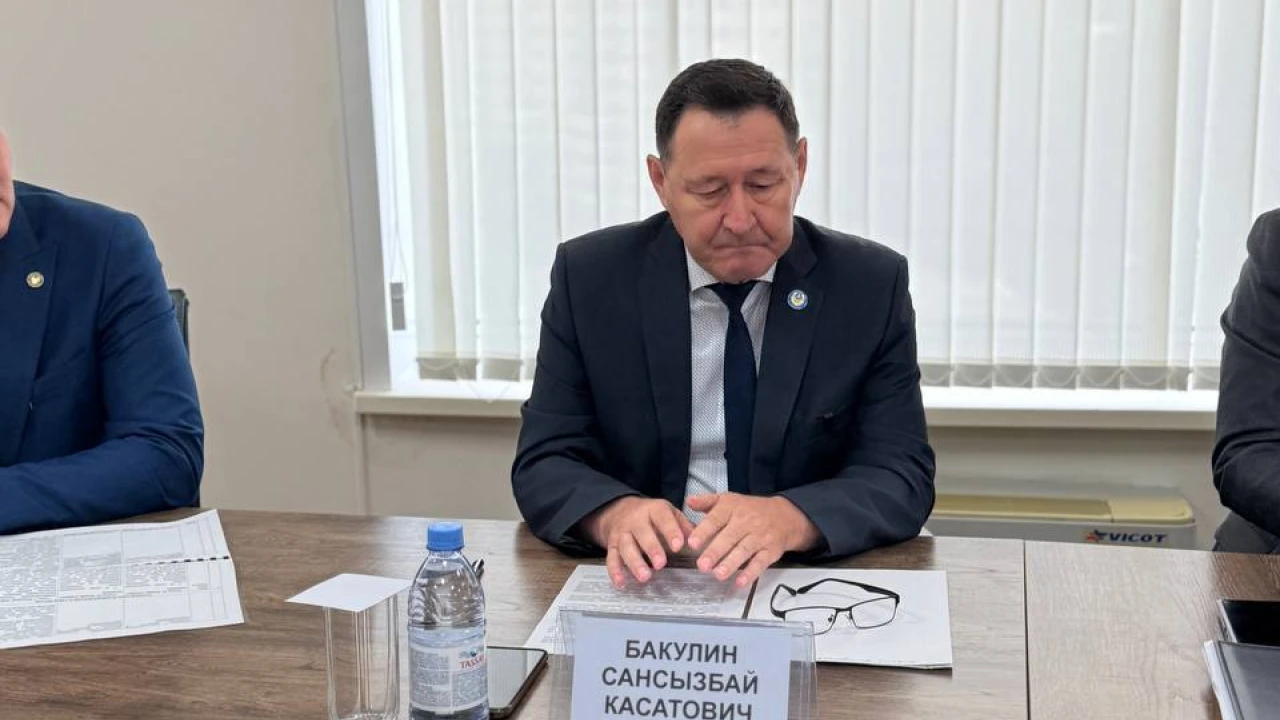
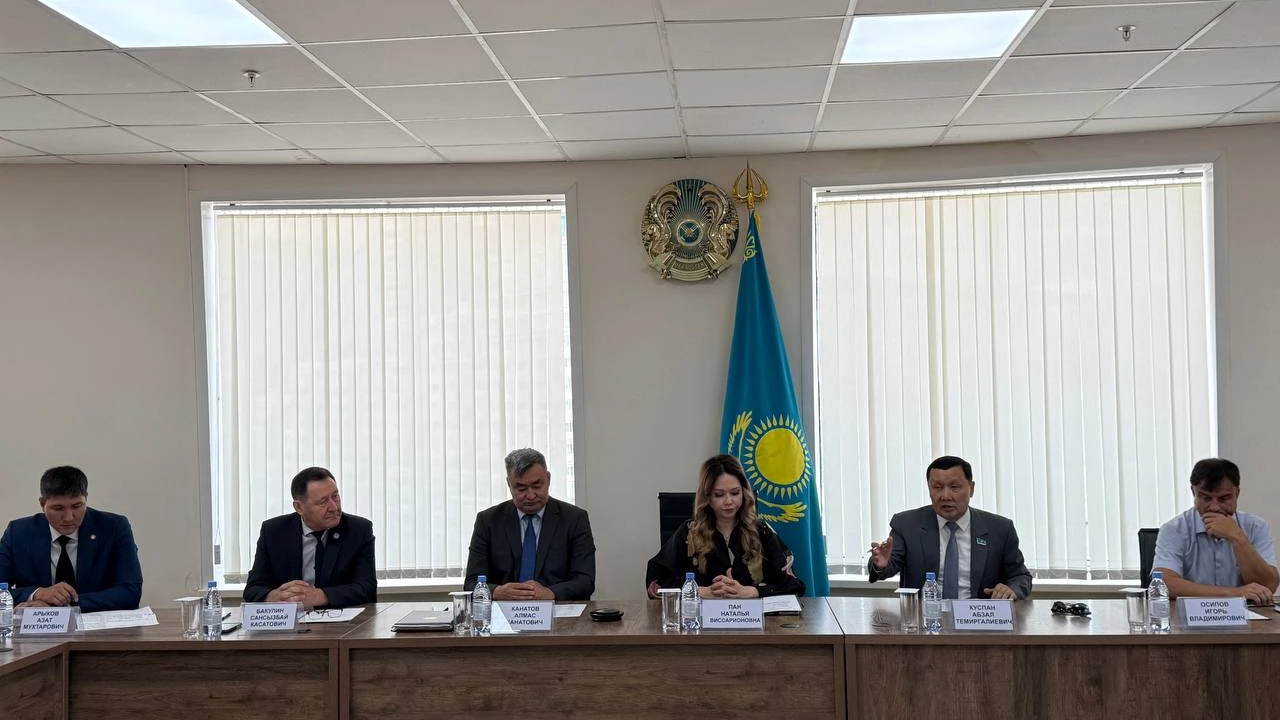
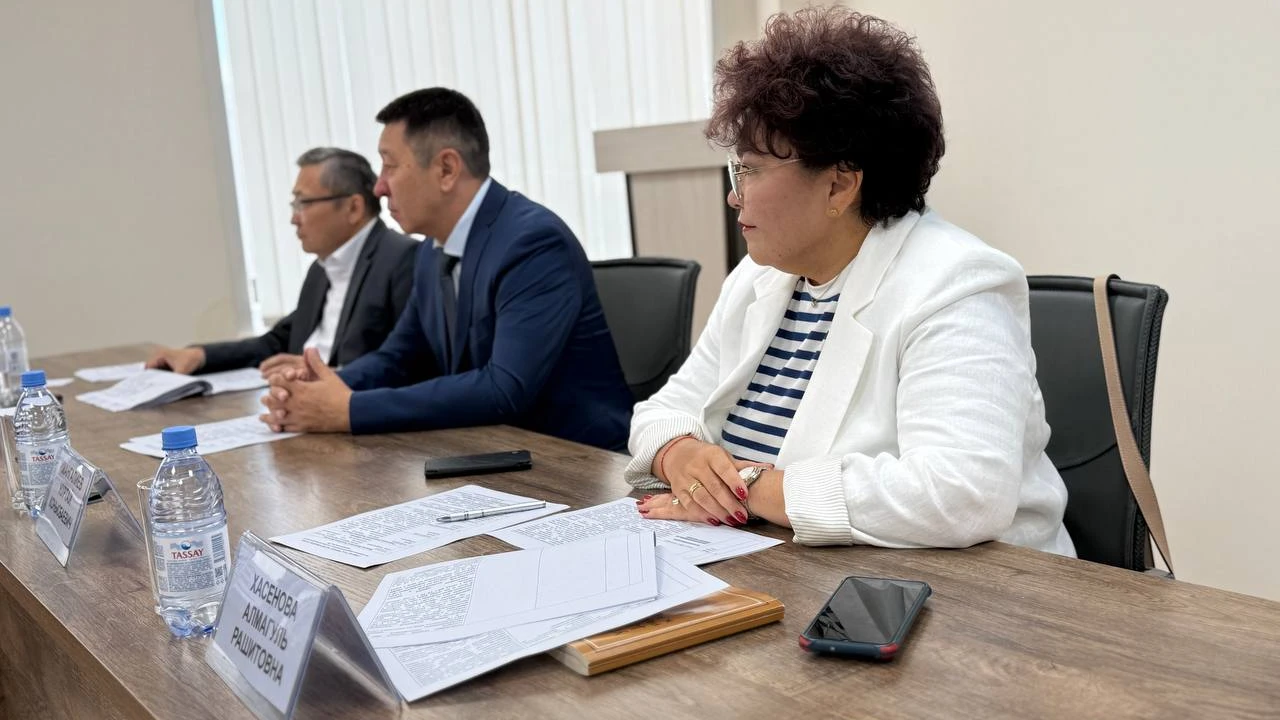
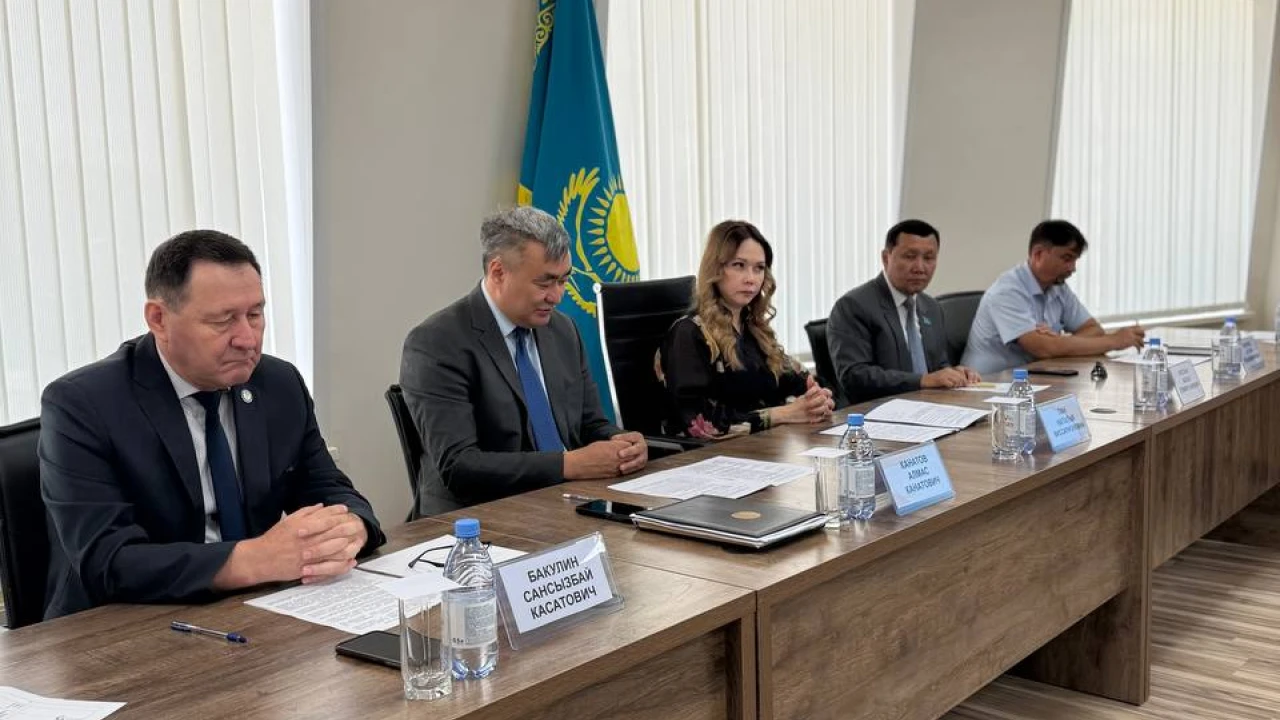
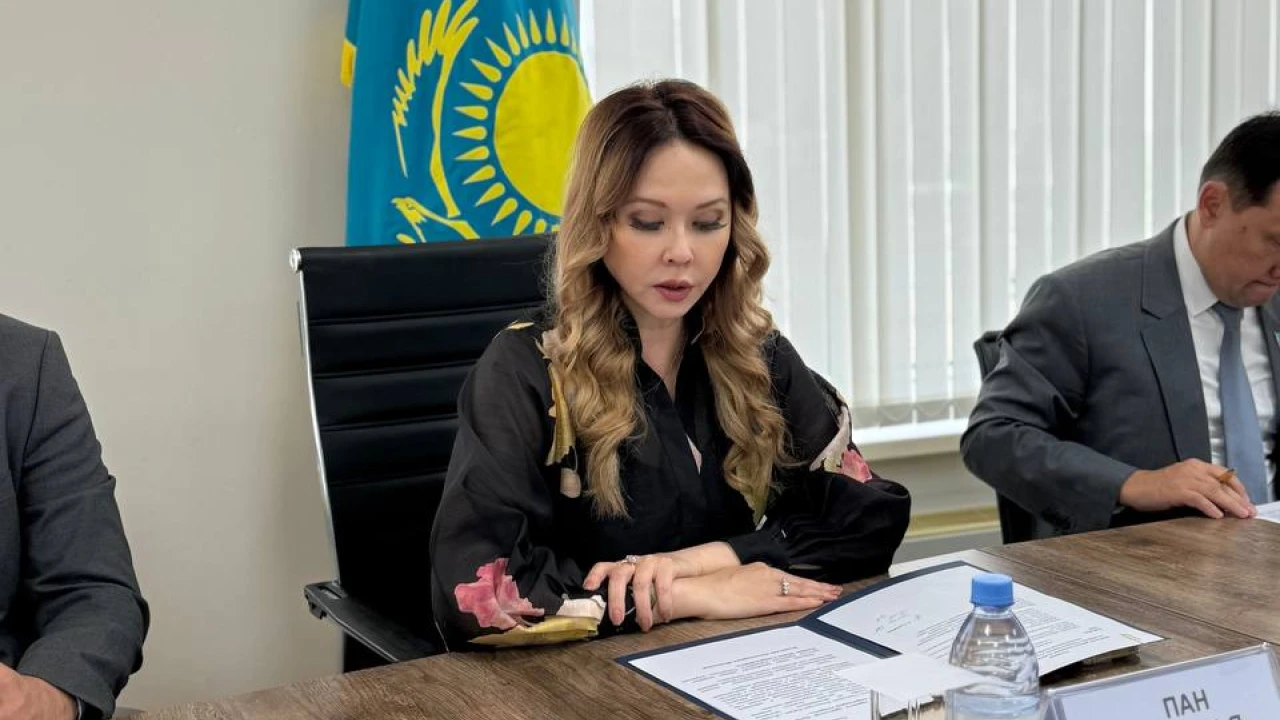
On August 6, 2025, the Institute of Parliamentarism under the Administration of the President of the Republic of Kazakhstan hosted an expert meeting in a hybrid format (online and offline) to discuss improvements to the criminal-executive legislation. The event was initiated by a Member of the Mazhilis of the Parliament of the Republic of Kazakhstan, Abzal Temirgaliuly Kuspan.
The discussion was attended by Abzal Kuspan, Member of the Mazhilis and a member of the Committee on Legislation and Judicial-Legal Reform; Director of the Institute of Parliamentarism Natalya Pan; Head of the Department of the Investigative Directorate of the National Security Committee Igor Osipov; Deputy Head of the Department for Regime, Supervision and Security of the Penal Enforcement Committee Yerzhan Zhumadilov; Executive Director for Lawmaking at the Institute of Parliamentarism Almas Kanatov; Head of the Center for the Judicial System and Law Enforcement Agencies Askar Urtembayev; Leading Specialist of the Center Nurtai Imangaliyev, as well as representatives of the General Prosecutor’s Office, the Judicial Administration, the Anti-Corruption Agency, the National Security Committee, the Ministry of Justice, and other relevant government bodies.
Natalya Pan recalled that President Kassym-Jomart Tokayev, at an expanded meeting of law enforcement agencies, emphasized the need for a deep reform of the penal system. “The system should not focus solely on isolating convicts, but also on their rehabilitation and reintegration into society. It is important to implement approaches that promote respect for the law and public order,” she quoted the Head of State.
A number of pressing issues were raised during the meeting. According to MP Abzal Kuspan, 75% of correctional institutions currently fail to meet modern standards. He also proposed abolishing corrective labor as a form of punishment and suggested removing the enforcement of court verdicts from the scope of the Administrative Procedure and Process Code.
Special attention was paid to the problem of overcrowding in penal institutions. In nine regions, occupancy rates exceed the permissible limits—ranging from 104% to 265%. In six regions, facilities are approaching critical levels of capacity. In Akmola region, there is no specialized facility at all.
The Institute of Parliamentarism expressed its sincere gratitude to all participants for their active engagement and their willingness to continue cooperating with governmental and civil institutions on the reform and development of the national penal system.



